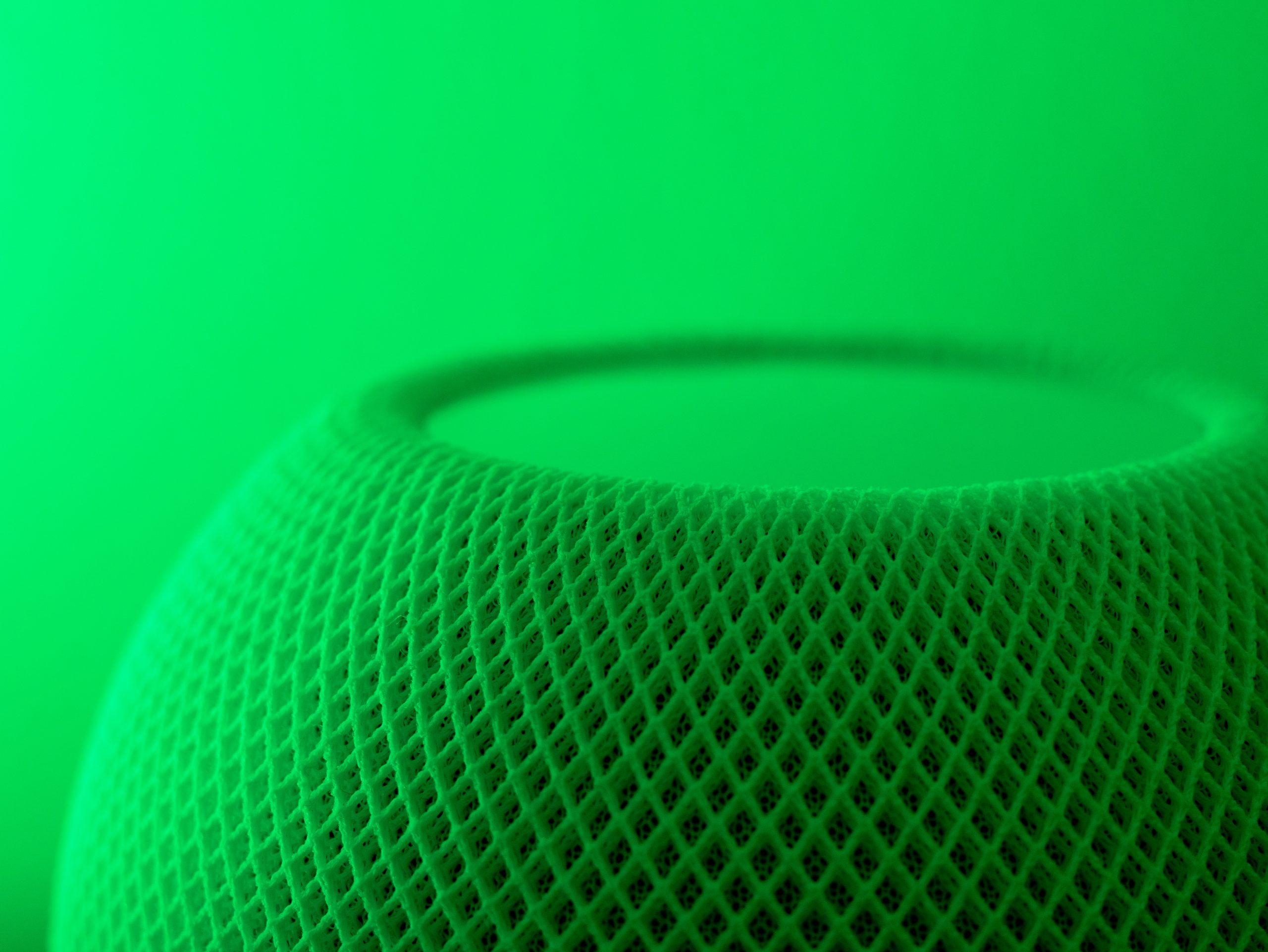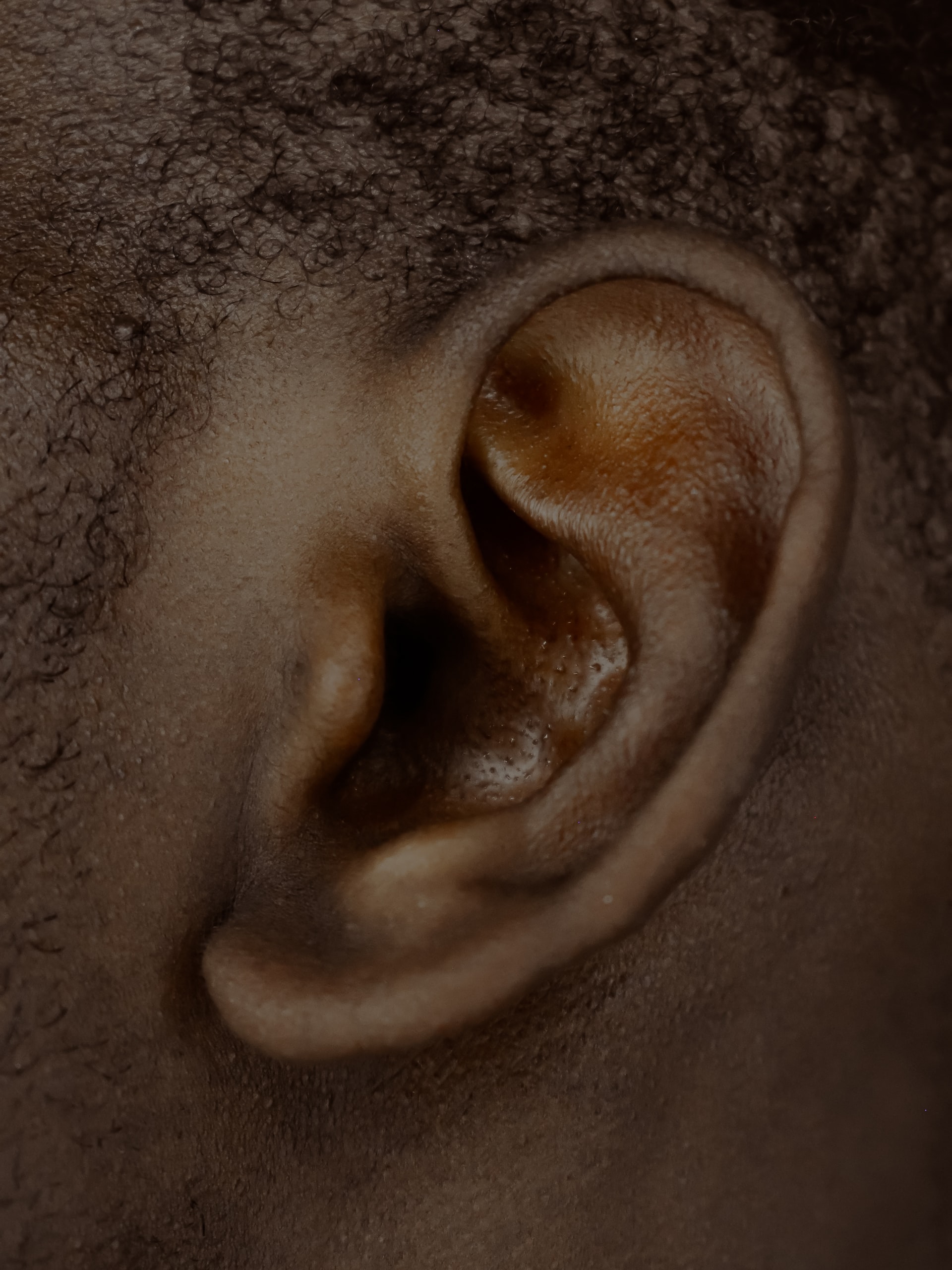Will Smart Speakers change music forever?
In November 2014, Amazon unleashed its very first smart speaker – the Echo speaker equipped with Alexa assistant. The tech industry and consumers alike were baffled. Techcrunch famously commented, “The whole thing is a tad baffling, but also intriguing in that it’s fairly unique among major tech company product introductions.”. Nearly seven years on, and smart speakers have proved to be game-changing when it comes to home management and music listening habits.
Smart speakers’ growth
Parks Associates reported that despite the global pandemic, 50% of broadband households are set to own smart speakers and smart displays by the end of 2021. Senior Analyst Paul Erickson commented, “These devices are becoming dominant devices for entertainment and smart home control and a standard integration of any connected home or connected entertainment strategy as consumers continue to expect voice controls in connected products.”
It’s important to remember that, in addition to smart displays and smart speakers, the whole “smart” industry now includes smartphones, tablets, TVs, car gadgets, as well as fridges and toilets. Smart speakers, in particular, have proved to be immensely successful. With a simple command, smart speakers can play our favourite tunes, find useful info, control other connected home devices, set alarms and timers and help us solve day-to-day problems.
Music and smart speakers
The BPI and ERA report “Everybody’s Talkin’ – Smart Speakers and their impact on music consumption” found that 55% of smart speakers owners are listening to more audio since they bought a smart speaker. 69% use the speaker on a daily basis
Voicebot and Voicify’s report confirmed that U.S-based smart speaker owners mostly use their smart speaker for music streaming purposes. Radio has quickly become an integral part of the smart speaker world – as this same report found that 21.2% of smart speaker owners use it to listen to the radio daily, while 40.5% use it to listen to radio from time to time.
However, some radio proponents firmly believe that smart speakers are replacing radio altogether. An NPR/Edison Research study reported that 39% of survey respondents said that they are replacing traditional AM/FM radio with smart speakers. This plays into one of the key challenges for radio, which is the undeniable fact that streaming is taking over and is also here to stay.
The rise of “ambient” music
Music industry thought leaders are also questioning whether smart speakers are actually hindering rather than helping artists, by promoting the concept of “ambient music” i.e. music that serves as our daily screensaver while we’re occupied with other things.
At 2018’s NY:LON Connet Conference, Amazon Music VP Ryan Redington stated that one of Echo’s most popular queries is ‘Alexa, play music’. By leaving it up to Alexa’s algorithm, users are becoming less engaged when it comes to making in-depth music decisions. Albums are quickly being replaced by playlists, and complex music is being “dumbed” down for public consumption. The major concern is that while people are loving Alexa and the algorithmic music choices, people are not extending this love to the artists themselves. This belief was supported by UMG’s Jonathan Dworkin, “What does worry me is that with the ease of consumption, and with the disappearance of the UI layer and the rise of the algorithm… and the glut of content. I do worry that music is at risk of becoming an ‘and’ experience.”
Furthermore, other studies show that 54% of streaming users re-affirmed that playlists are replacing albums when it comes to their primary music consumption format. And how do voice-mediated devices come into play? Simple – 43% of smart speaker users listen to more playlists when using their smart speakers…and multi-national corporations have already tapped into the playlist-curated, ambient music market.
The quasi-sci-fi concept of a personalised music environment characterised by an individualised soundscape is already taking shape. The Amazon-backed Endel aims to do just that. According to its Amazon product page, “Endel’s soothing soundscapes are AI-powered and scientifically engineered. They adapt to you and your immediate conditions, taking time of day, natural light exposure, and circadian rhythm into account.” Endel has also been integrated into the Alexa eco-system: just say “Alexa, open Endel” to trigger the app.
Alexa may seem pretty personal in 2021; however, Amazon aims to expand its customer-centric approach even further. The company envisions a future where Alexa is its user’s PA and can man a full planning session without requiring any human intervention. By using pre-existing customer data, Alexa would be able to plan a full vacation (for example)- handling everything from hotel bookings to sightseeing recommendations.
What does this mean for the music industry at large?
Music companies are becoming increasingly tech- and data-driven. By collecting users’ listening habits and by using this data intelligently, DSPs suggest similar songs and drive certain people towards particular ads.
Spotify, in particular, publicly states that it uses machine learning to categorise music. The more people stream, the more info Spotify gathers about users’ listening habits. With a total of 356 million active users in the first quarter of 2021, Spotify’s data is becoming increasingly precise. The company then goes on to sell this data to brands, which can advertise on Spotify and target specific audiences. Furthermore, DSPs have also introduced features that enable advertisers to target specific content at those individuals who listen to music on their smart speakers.
Why does this make sense for marketers? By using filters such as time of day etc., companies can target individuals exactly at the time of day when they would need that particular object (e.g. a coffee ad in between songs on a “Morning Motivation”-style playlist)
“For Spotify, the product being sold to users, artists and investors are their discovery tools. Their ability is to quantify your taste and always know what you wanna hear, with playlists tailored to moods, activities and most importantly, playlists tailored to you,” said journalist Liz Pelly at Oslo’s by:Larm conference, “By design, the data-driven playlist environment favours the sounds that sound most seamless, the most unobtrusive, the most passive, and the most unlikely to cause a skip. Or songs that most fit into its prized genres of playlists like ‘chill’”.
“Skills” and “Actions”: The next music marketing tool?
Alexa’s “skills” and Google Assistant’s “actions” may be the next large-scale music marketing tool. These features are developed by professional developers, and can then be installed by speaker owners on their personal devices. Major music labels have already started offering artist skills on Amazon as extended artist merchandise. (See Paloma’s Bedtime and Bublé Daily.)
Such initiatives continue to reaffirm the music industry’s position: by actively engaging with smart speakers and their voice assistants, labels – especially majors – are moving towards the customer-centric model that has made Amazon so successful.
Final notes
The shift to algorithm-based listening patterns has forced artists to understand how these algorithms work and in some cases, create music that fits within the narrow parameters of “Spotifycore.”
As Liz Pelly pointed out, “The approach to a career that the music industry celebrates when it celebrates the successes of an artist like Billie Eilish, is an approach that has long defined the commercial pop machine’s vision of success. But it’s not just mainstream commercial pop artists who are expected to use these platforms today. Artists of all genres and levels are expected to use them.”
This increasing automation has also changed music fans’ relationship with music. The transition from analogue to digital came at a price, namely, the loss of the experience related to the intangible aspects of the music experience – like listening to a full album on vinyl for the first time, buying records from physical record stores and actually waiting to listen to new records. These are aspects that smart speakers and DSPs cannot replicate. Only time will tell whether smart speaker, DSP and MNC-driven customs (such as New Music Friday playlists) will have the same emotional and nostalgic influence on our lives and whether we can ever adopt and adapt the traditions of the pre-instant gratification era to the present.
Photo by the blowup on Unsplash






